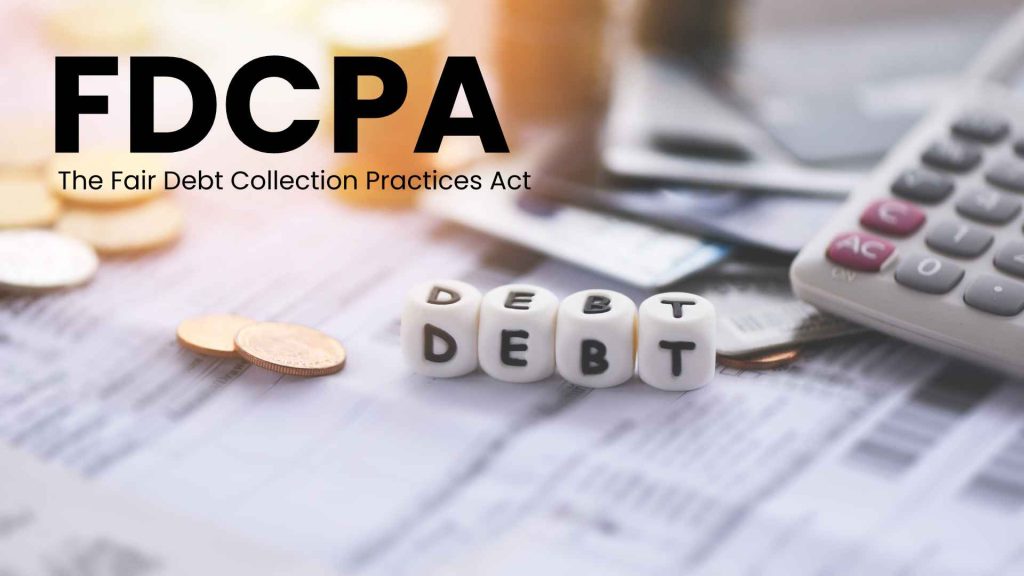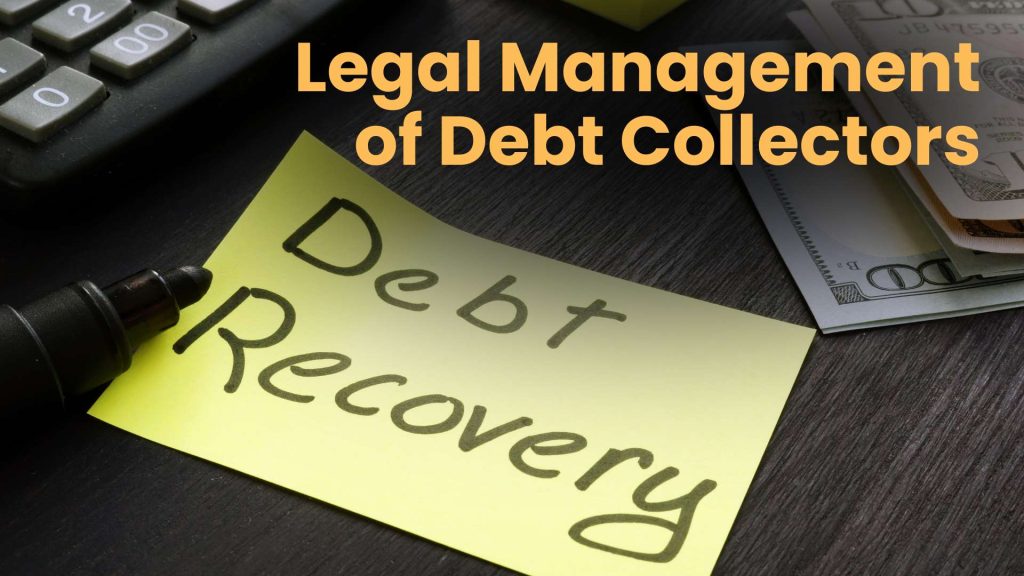
Given the state of the current economy, borrowing money is almost a necessary component of living. Many people rely on credit to help them control spending from a mortgage to a credit card to a personal loan to a college loan. Debt can, however, cause periodic financial concern, particularly when collectors and creditors start asking for payments. Fortunately, consumer protection laws preserve your rights as a debtor.
Every debtor has some key rights
The Fair Debt Collection Practices Act (FDCPA)that guards American customers from aggressive and unethical collecting methods. This law binds Loan collectors from:
1.Calling you crazy hours—before 8 AM or after 9 PM; annoy or threaten you.
2.Especially, employ unscrupulous methods.
3.Find out from your company your debt (unless legally authorizes differently).
If a collector break these rules, you are entitled to report a situation to the Consumer Financial Protection Bureau (CFPB) or file legal action.
Right to Challenge Debt
Request call for debt collectors to furnish paperwork proving the debt. Writing a formal dispute letter will enable you to obtain 30 days after initial contact verification.
Right to Privacy Against Unjustifiable Invasion and Protection
You dictate when and how collectors get in touch. You could ask them to stop totally contacting you or send letters exclusively. This will stop more violence even if it won’t clear your debt.
Right to obtain clear messages and information
Debt collectors and lenders have to give correct information on the owing amount; the name of the creditor; your rights under consumer protection legislation .
If you come across inconsistent or misleading information, you may document unethical activity of the agency.
Except in situations of specific obligations like child support, taxes, or federal student loans, creditors must first get a court order even as they try to garnish wages to recoup unpaid debt. Any garnish is yours to object to.
If debtors find it difficult to pay off their debts, they have legal alternatives as follows:
Program for debt settlement, credit counseling, protection from bankruptcy should it be needed.
These courses can assist you in reorganizing your debt, bargain for reduced payments, or discover other ways out from under financial trouble.
How to Prevent Debtors Status
1.Save payment information together with all written letters.
2.Learn rules include the Fair Credit Reporting Act (FCRA) and the FDCPA to (Know Your Rights).
3.Tell authorities such the CFPB, FTC, or attorney general of your state whether you encounter tactics of illegal collecting or harassment.
4.See an attorney or financial consultant should your debt overwhelm you.
Last Notes
Knowing your rights as a debtor can enable you to handle financial issues and guard yourself against dishonest debt collecting methods. Maintaining fair treatment and working for a healthy financial future depends on your keeping informed and acting intelligently.
See legal specialists and consumer protection groups for direction should debt-related problems arise. Your steady income calls for protection!


